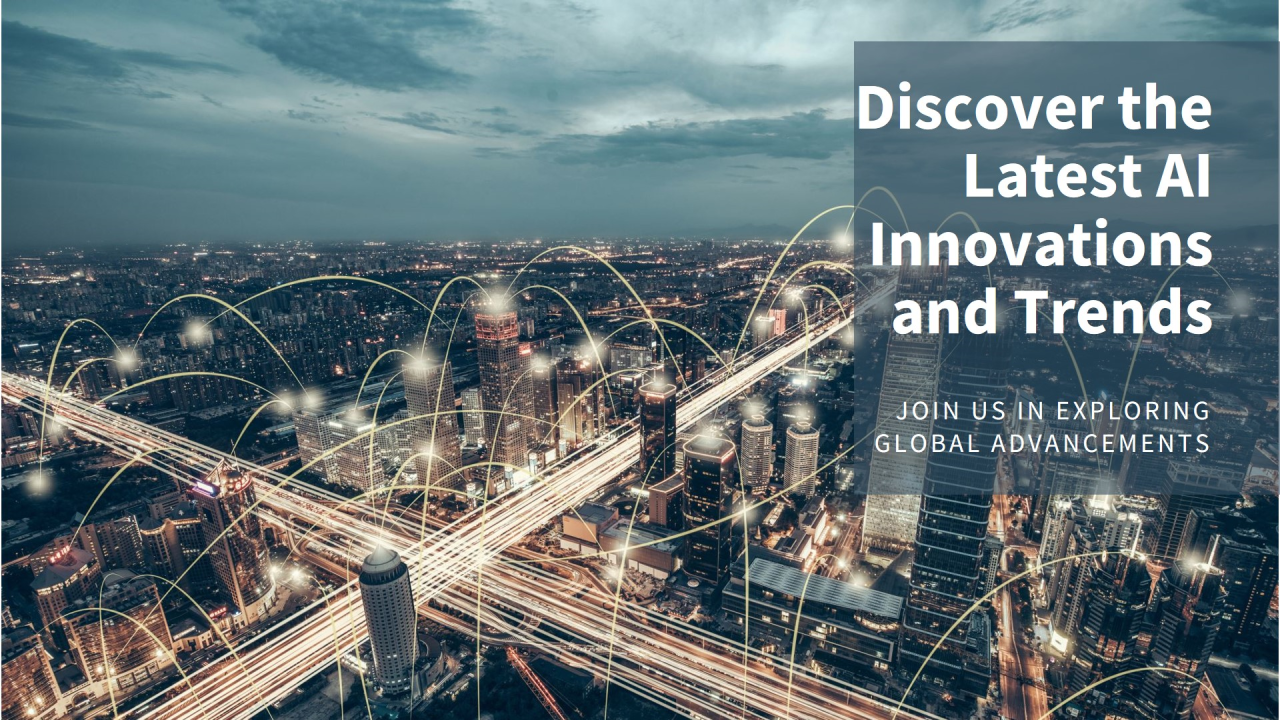Artificial Intelligence (AI) is rapidly advancing, with new trends and innovations emerging regularly. These developments are transforming industries and reshaping how we interact with technology. This article delves into the latest AI trends and innovations, highlighting their impact and potential.

Generative AI and Its Applications
Generative AI, a subset of AI focused on creating new content, is making significant strides. Technologies like Generative Adversarial Networks (GANs) and diffusion models enable AI to produce high-quality images, text, and even music. These advancements have applications in creative fields, marketing, and entertainment.
For example, AI tools can generate realistic images for advertising or create custom content based on user preferences. This ability to produce novel content opens up new possibilities for personalization and creative expression.
AI in Healthcare and Drug Discovery
AI is revolutionizing healthcare by improving diagnostics, personalizing treatment, and accelerating drug discovery. Advanced algorithms analyze medical data to detect diseases earlier and more accurately. AI-driven platforms also assist in designing and testing new medications.
For instance, AI systems analyze medical images to identify anomalies and predict patient outcomes. In drug discovery, AI accelerates the process by predicting how different compounds interact with biological targets, potentially bringing new treatments to market faster.
Natural Language Processing (NLP) Advances
Natural Language Processing (NLP) is evolving rapidly, enhancing how AI understands and generates human language. Recent advancements in NLP include more sophisticated language models like GPT-4 and BERT. These models improve language comprehension and generation, making AI interactions more natural and effective.
NLP advancements enable more accurate language translation, sentiment analysis, and chatbot responses. These improvements enhance customer service, content creation, and global communication.
AI and Edge Computing
Edge computing, combined with AI, brings computational power closer to data sources. This trend reduces latency and improves real-time data processing. AI models running on edge devices can perform tasks like image recognition and predictive maintenance without relying on centralized cloud servers.
For example, edge AI applications in smart cities can analyze traffic patterns in real-time, optimizing traffic flow and reducing congestion. In manufacturing, edge AI can monitor equipment conditions and predict failures, minimizing downtime.
Ethical AI and Responsible AI Practices
As AI technology advances, ethical considerations and responsible AI practices are gaining importance. Ensuring fairness, transparency, and accountability in AI systems is crucial to address issues related to bias, privacy, and decision-making.
Recent innovations include developing frameworks and tools to assess and mitigate biases in AI algorithms. Organizations are also focusing on creating transparent AI models and establishing guidelines for ethical AI development and deployment.
AI in Autonomous Systems
Autonomous systems, including self-driving cars and drones, are benefiting from AI advancements. AI technologies enable these systems to navigate complex environments, make real-time decisions, and perform tasks with minimal human intervention.
For instance, autonomous vehicles use AI for object detection, route planning, and collision avoidance. Drones equipped with AI can conduct surveillance, deliver packages, and perform search-and-rescue operations.
AI-Driven Personalization and Customer Experience
AI-driven personalization enhances customer experiences by tailoring products, services, and interactions to individual preferences. Machine learning algorithms analyze user behavior and preferences to deliver personalized recommendations and offers.
In e-commerce, AI suggests products based on past purchases and browsing history. In digital marketing, AI personalizes advertising campaigns to target specific audiences, improving engagement and conversion rates.
Conclusion
AI trends and innovations are reshaping industries and daily life, from generative AI and healthcare advancements to NLP improvements and ethical considerations. As AI technology continues to evolve, its applications will expand, offering new opportunities and challenges. Staying informed about these trends is essential for leveraging AI’s potential and addressing its implications effectively.
